Essential Tips for Guitar Players: How to Keep Your Fingers in Shape for Long-Lasting Performance

Playing the guitar is more than just creating melodies—it’s about building endurance, precision, and control. For both Western guitarists and Indian classical or fusion guitar players, keeping your fingers in shape is the foundation of long-lasting performance.
Whether you’re strumming Bollywood songs on an acoustic guitar, playing Carnatic or Hindustani ragas on an Indian slide guitar, or shredding solos on an electric, finger strength and agility determine your skill level. This guide explores essential tips for guitar players on how to keep your fingers in shape, blending technical exercises, hand care practices, and the unique needs of Indian instrument contexts.
1. Why Finger Fitness Matters for Guitar Players
- Strong and flexible fingers allow smoother transitions between chords.
- In Indian classical guitar (like Mohan Veena or slide guitar), longer notes demand stamina and control.
- Finger dexterity helps with faster scales, gamakas, and meend (slides).
- Prevents injuries like tendonitis or finger fatigue, especially during long practice sessions or stage performances.
2. Daily Warm-Up Routines for Guitarists
Warming up is like tuning your body before tuning your instrument.
2.1 Chromatic Exercises
Practice playing notes sequentially (1-2-3-4) across strings. Start slow and gradually increase speed.
2.2 Finger Stretching
Place fingers in wider fret positions (e.g., 1st fret to 4th fret jumps). This enhances flexibility for ragas requiring wide intervals.
2.3 Alternate Picking Drills
Combine picking with finger coordination for fluid strokes. This is vital for both Western riffs and Indian classical improvisations.
3. Strengthening Finger Muscles
3.1 Spider Walk Exercise
Crawl your fingers like a spider across the fretboard. It strengthens independence.
3.2 Grip and Release
Use a stress ball or dedicated guitar hand exerciser to build grip strength.
3.3 Indian Gamaka Practice
Practice meend (slides), kampitam (vibrato), and janta swaras (double notes). These ornamentations keep Indian guitarists’ fingers agile.
4. Finger Independence and Coordination
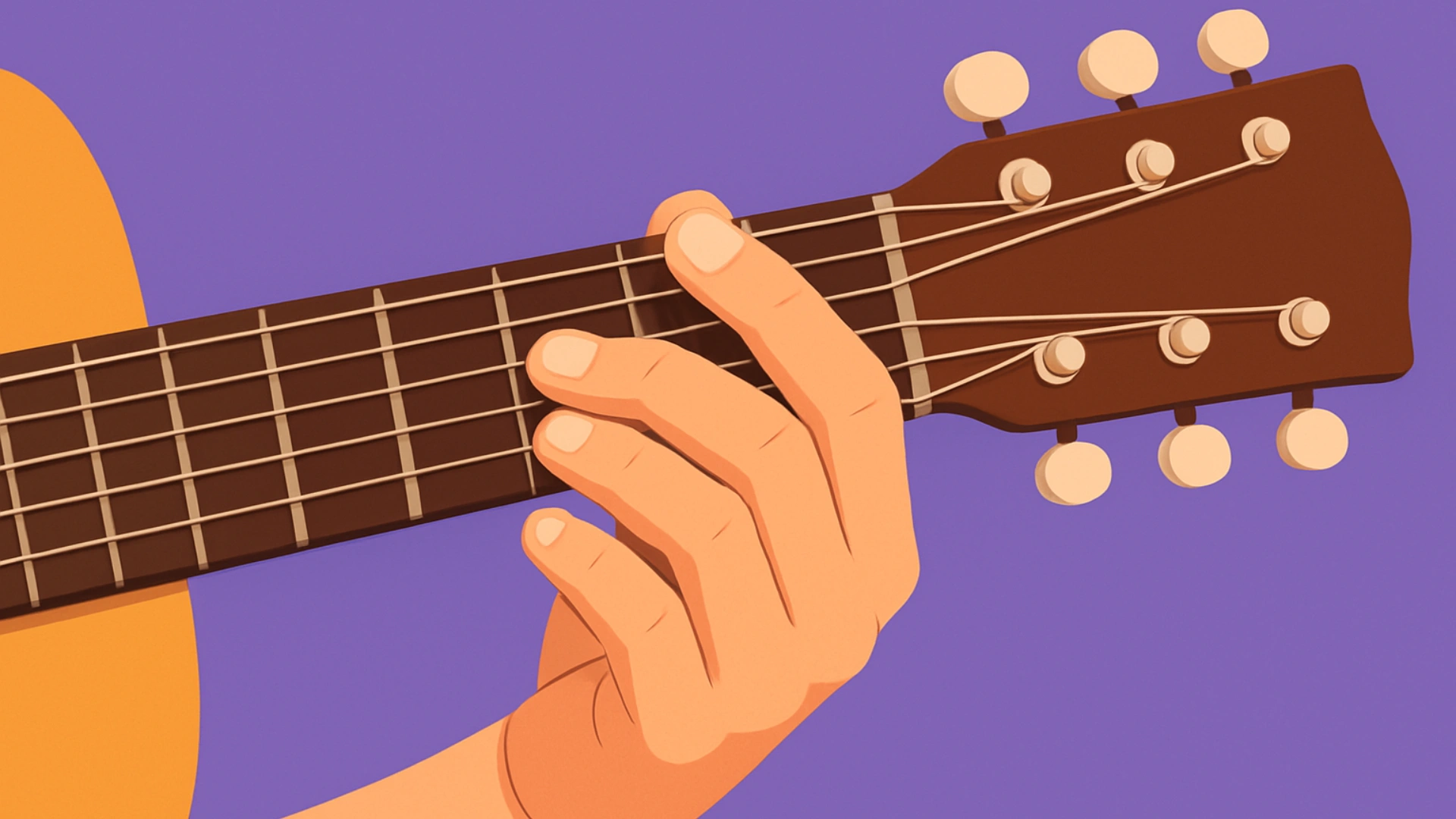
4.1 Hammer-Ons and Pull-Offs
Develop speed and clarity by practicing hammer-ons and pull-offs on every string.
4.2 Scale Runs
Work on Indian ragas (e.g., Raga Yaman, Raga Bhairavi) and Western scales (major/minor). Switching helps in adaptability.
4.3 Rhythmic Exercises
Practice jhaptal (10 beats) or rupak tal (7 beats) while switching chords to synchronize rhythm with finger motion.
5. Preventing Finger Fatigue and Injuries
5.1 Take Breaks
Avoid marathon practice. A 5-minute rest every 30 minutes keeps fingers fresh.
5.2 Correct Posture
Keep your wrist straight and shoulders relaxed to prevent strain.
5.3 Finger Massage
Gently massage fingers after practice. Ayurveda-based oils like sesame or almond oil are excellent for Indian musicians.
6. Finger Care Beyond Practice
6.1 Nail Maintenance
For Indian slide guitarists, proper nail length aids clarity. Classical players often keep nails slightly longer for plucking ragas.
6.2 Hydration and Diet
Stay hydrated and eat foods rich in calcium and magnesium to keep joints strong.
6.3 Heat and Cold Therapy
Dip fingers in warm water before practice to relax muscles and use cold packs after long sessions.
7. Guitar Techniques That Keep Fingers Sharp
7.1 Bending and Vibrato
Master string bends and vibrato for emotional playing.
7.2 Bar Chords and Power Chords
Strengthen index finger endurance with sustained bar chords.
7.3 Indian Fusion Techniques
Blend Western slides with Indian gamakas for unique phrasing. This requires immense finger control and flexibility.
8. Using Indian Instruments to Improve Guitar Finger Strength
- Practicing on Veena or Sitar builds finger stamina due to heavy string tension.
- Playing tabla bols on fretboard strengthens rhythmic timing.
- Trying harmonium finger drills helps increase independence in both hands, which translates into stronger guitar finger coordination.
9. Practicing With Purpose
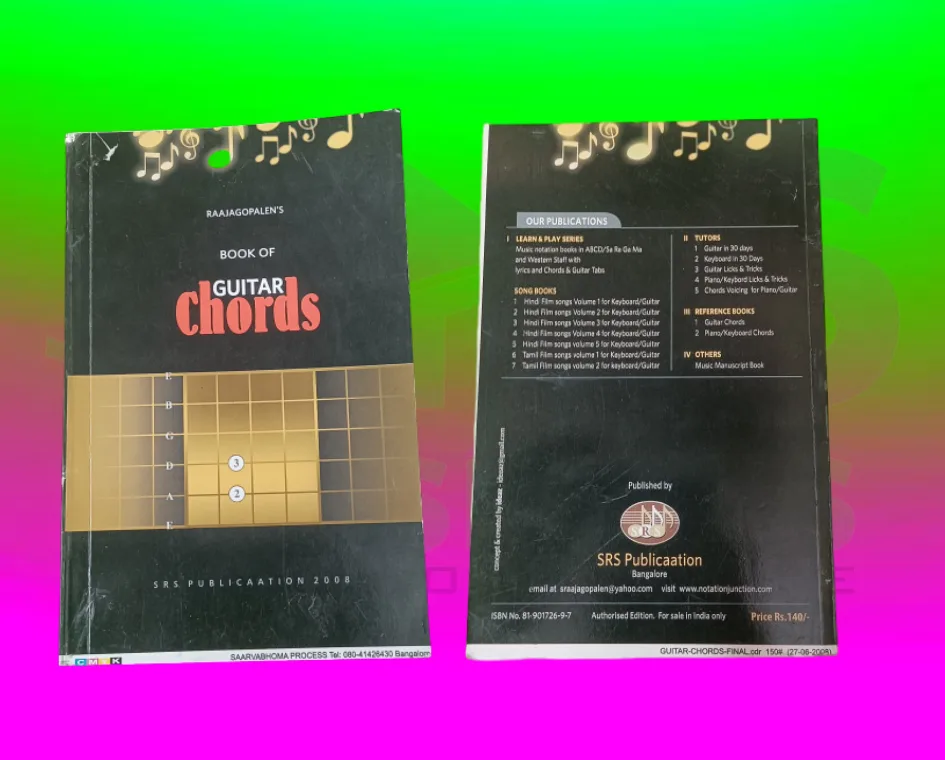
9.1 Structured Sessions
Divide practice into 3 segments: warm-up, technical drills, and performance practice.
9.2 Slow Practice First
Use a metronome. Begin slow and increase tempo gradually.
9.3 Recording and Reviewing
Listening to your own playing reveals finger weaknesses to improve.
10. The Role of Mindfulness in Finger Training
10.1 Breathing Exercises
Deep breathing keeps body tension-free while playing.
10.2 Mental Visualization
Before playing, visualize finger movements. This is a common Indian classical technique called “manas sadhana” (mental practice).
10.3 Stress Reduction
Relaxed fingers perform better. Stress tightens muscles, reducing agility.
11. Building Endurance for Long Performances
- Gradually increase practice duration rather than sudden long hours.
- Simulate live performance conditions by practicing entire songs/ragas without pause.
- For Indian concerts, practice alap-jor-jhala transitions to test stamina.
12. Common Mistakes Guitar Players Make With Finger Health
- Skipping warm-ups.
- Playing with too much finger pressure.
- Ignoring pain signals.
- Neglecting hand stretching.
- Focusing only on speed, not accuracy.
13. Essential Accessories for Finger Care
- Finger exercisers (grip masters).

- Guitar picks with good grip.

- Finger sleeves for callus protection.

- Ayurvedic balms/oils for relaxation after Indian performances.

14. Inspirational Examples from Indian Guitarists
- Pt. Brij Bhushan Kabra (slide guitar pioneer in Hindustani music).
- Prasanna (Carnatic guitarist blending gamakas with jazz).
- Warren Mendonsa (Blackstratblues) showing how finger control blends Indian emotion with Western phrasing.
These examples show how dedicated finger training translates to mastery.
Conclusion
Essential tips for guitar players on how to keep your fingers in shape are not just about exercises but about nurturing strength, flexibility, and care. Whether you’re a Western guitarist or an Indian fusion artist, your fingers are your true instrument—your guitar only amplifies them.
By combining daily warm-ups, Indian classical ornamentation drills, proper hand care, and mindful practice, you build a foundation for long-lasting musical journeys. Strong fingers mean endless creativity, whether strumming a Bollywood tune, improvising in Carnatic ragas, or shredding rock solos. Keep your fingers healthy, and your music will remain unstoppable.
At NMS Musicals, we offer a comprehensive range of musical instruments, including percussion, string, wind, and keyboard instruments. Our services encompass sales, expert servicing, and the manufacture of leather instruments. Explore our diverse collection and find the perfect instrument to suit your musical needs.
Visit our website to browse our offerings: nmsmusicals.in
For a closer look at our products, check out our shop page: nmsmusicals.in/shop
Stay connected with us through our social media channels:
- Facebook: https://www.facebook.com/nmsmusicalinstruments/
- Instagram: https://www.instagram.com/nmsmusicals/?hl=en
- YouTube: youtube.com/@nmsmusicals
Our shop locations are:
- Puducherry: 149, Perumal Koil Street, Heritage Town, Puducherry, 605001.
Map Link: https://maps.app.goo.gl/ejDwBBFEJmd3szxk7 - Chennai: No: 1, 1st Floor, Kandigai Street, TVS Nagar, Korattur, Chennai – 600076.
Map Link: https://maps.app.goo.gl/7oXmB6X7KQsqeuuw9
For inquiries, contact/Whatsapp us at 9500663895 or email us at laxman.m89@gmail.com.
Discover the world of musical instruments with NMS Musicals today!
For a visual overview of our percussion instruments, watch the following video:


 Cart is empty
Cart is empty 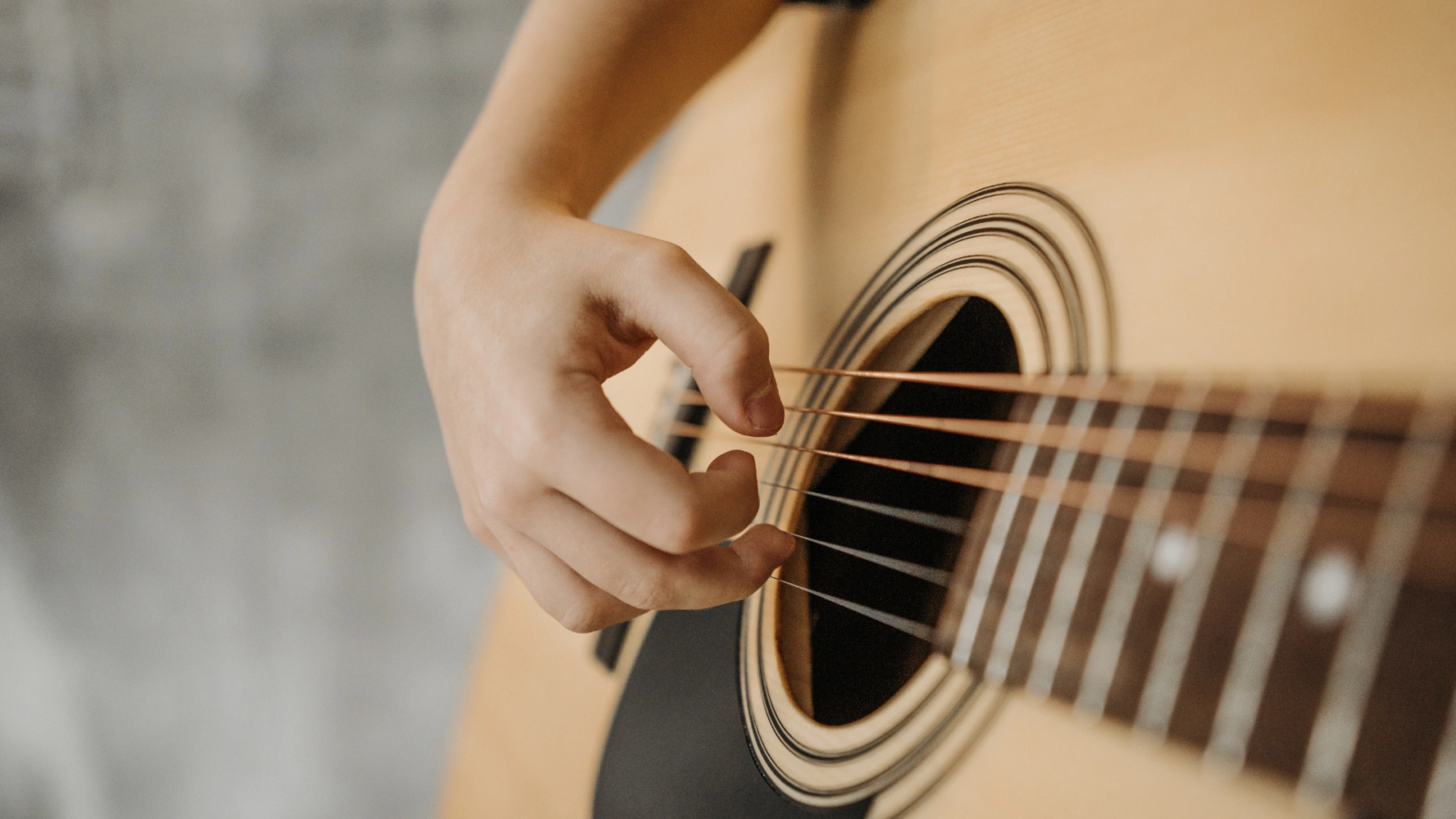
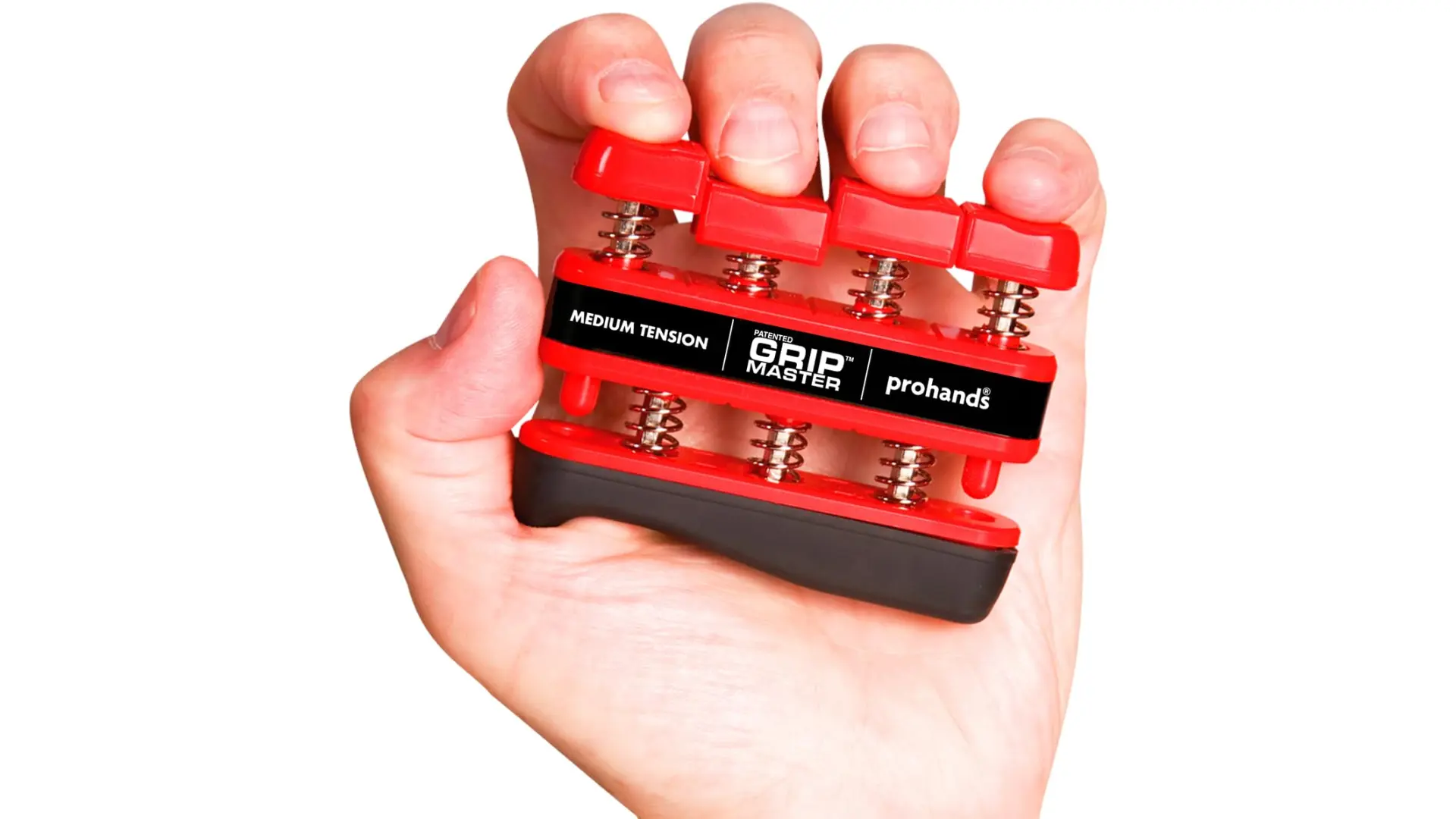
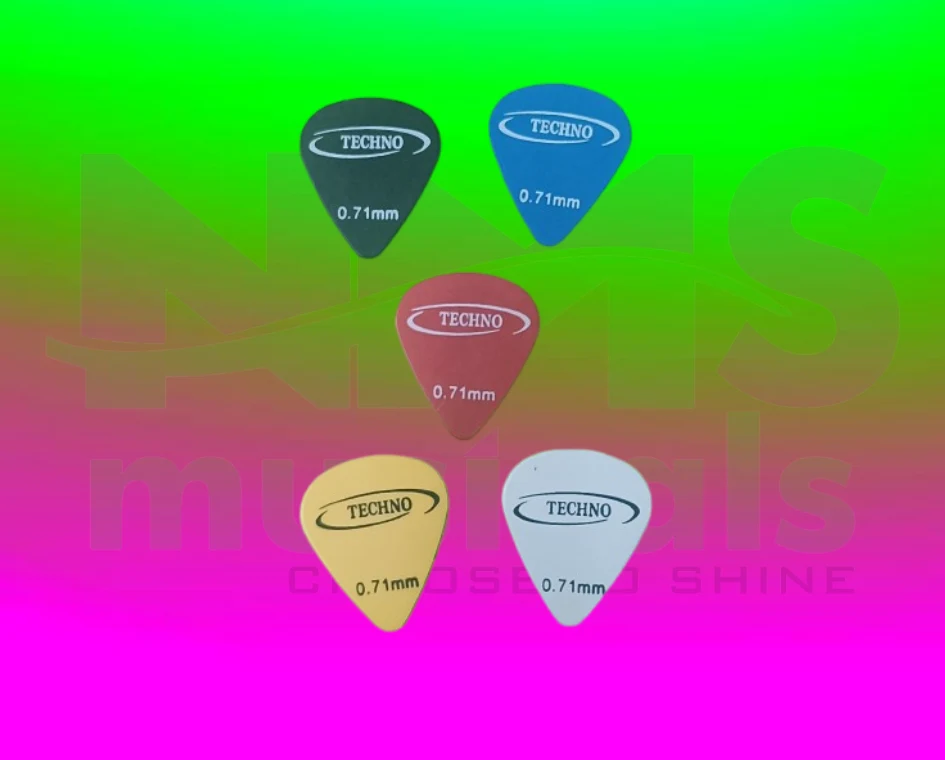
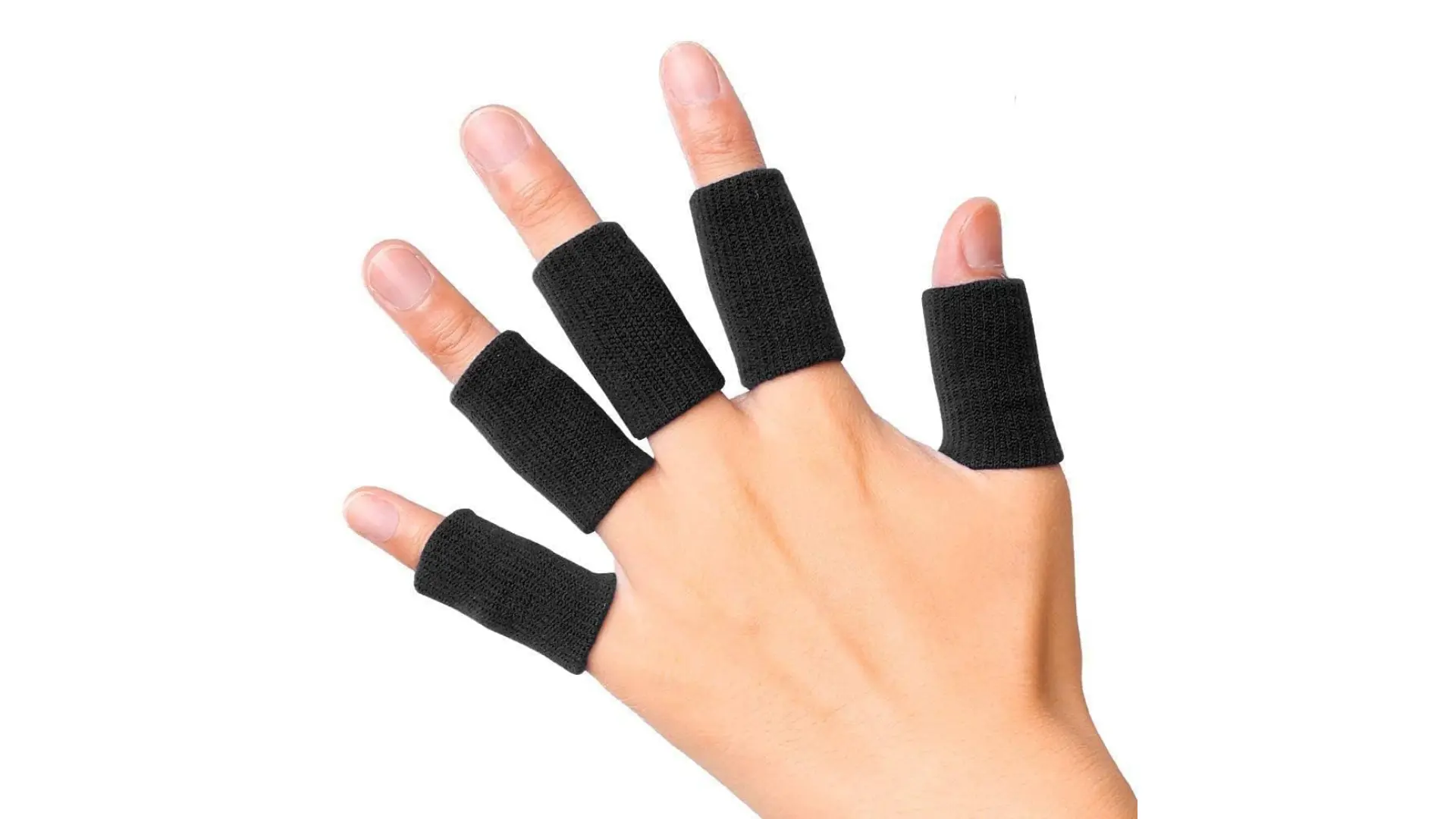
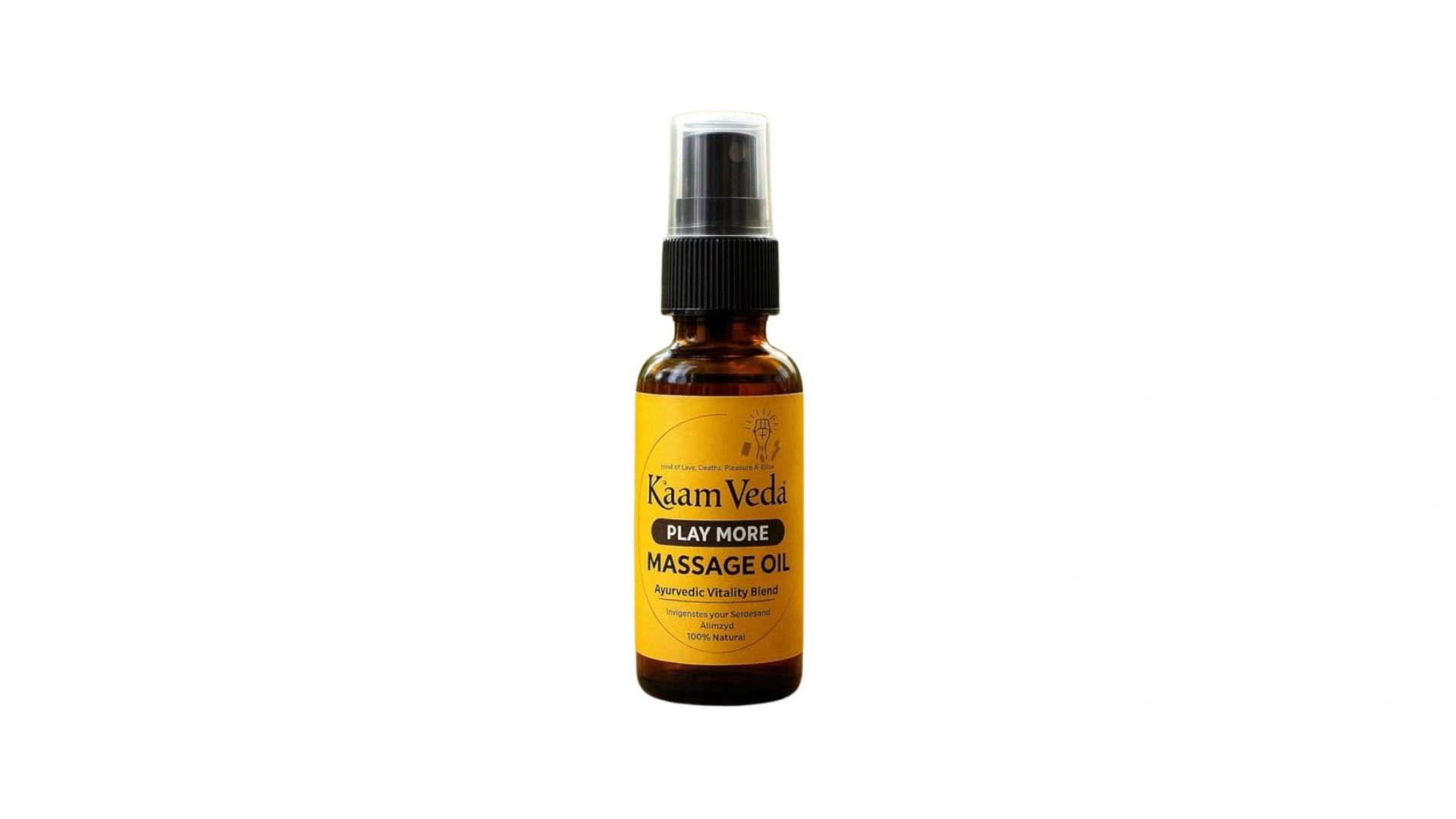
Leave A Comment
You must be logged in to post a comment